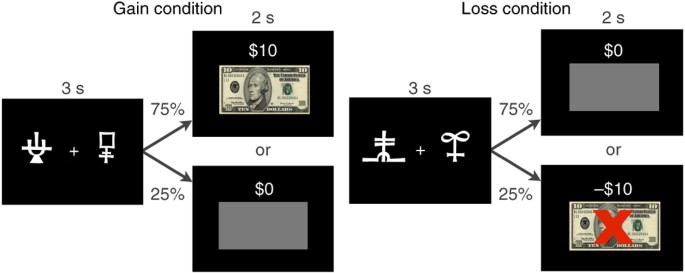
- Select a language for the TTS:
- UK English Female
- UK English Male
- US English Female
- US English Male
- Australian Female
- Australian Male
- Language selected: (auto detect) - EN
Play all audios:
Is conservatism… ok? The past weeks have seen it swinging from blabbering mania to self-abasing melancholia. One minute Niall Ferguson was marching out of the club loos demanding a new
“intellectual Nato” to avenge Scruton the Sacked, the next a hangdog Jordan Peterson was meekly consenting to be schooled (literally) by Slavoj Žižek, when he turned up to his debate with
the old communist like a depressed undergraduate who couldn’t quite get himself to do the reading. Britain’s Conservative Party, meanwhile, appears to be commemorating the approaching
anniversary of the notorious “Dementia Tax” announcement that preceded the 2017 election, by once again pissing off the last demographic group that they haven’t already utterly alienated in
the intervening two years. In a new paper, former Tory minister, Damian Green has taken up the problem left unresolved since the Dementia Tax debacle, proposing to replace the current unfair
and underfunded system of social care for the elderly with a new social care pension, guaranteeing a basic entitlement (which we currently do not have), but allowing people to contribute
more as they choose for eventual better care. Green optimistically insists that this idea “could not be stigmatised as a ‘death tax’ or ‘dementia tax’” (the headline problem with the earlier
policy was that those struck by debilitating conditions could be forced to sell their houses for care). But with funding sourced from the Winter Fuel Allowance being added to taxable income
and a 1% National Insurance surcharge for the over 50s, it is not surprising that it has already been called a “tax on aging”. The age at which voters became more likely to vote Tory than
Labour is 47. The average age of a Tory member is estimated between 57 and 72. With the party’s polling down in the 20s after the PM welched on the No Deal Brexit she spent two years
pretending she was up for, if the Tories now wish to go to war with the over-50s… well, sometimes you just have to let people hit rock bottom. The problem is how talking about policy in
these terms affects the rest of us. As Jeremy Corbyn’s campaign adviser, Steve Howell, recalls in his memoir of the 2017 election, “one of the worries I had was the way the Tories were
playing up a divisive ‘inter-generational inequality’ to play one part of ‘the many’ off against another”. Sure enough, Green is still justifying putting a heavier burden on older people on
the basis that they as a demographic have greater assets than the young, while ignoring that many older people without any such assets would also be targeted to pay for his system. “You have
this huge raft of wealth, particularly in housing”, Green remarks, “a sliver of that, frankly, used for social care would buy peace of mind in your old age”. Housing wealth in this country
is indeed disproportionately in the hands of older people. But successive Tory and New Labour governments created that situation by failing to adequately replenish housing stock and tax
wealth and land, while overseeing a decades-long stagnation in wages, during which the rich have been encouraged to view houses not as homes and a necessity of life, but as investments. Has
Green come round to the view that the distribution and taxation of land and property ownership in the UK is untenable and needs transformational reform? No, he is just opportunistically
weaponising a bad situation that his party is broadly comfortable with. The real opposition in this county is between rich and non-rich, and a truly universal social care model with
universal contributions wouldn’t confound that with a fake one between old and young. It should also work to avoid, not encourage, the emergence of two tiers of care, as the pension model’s
norm of “extra individual provision encouraged on top” of the basic safety net inevitably will. Green’s paper rules out nationalising care homes on the basis that it would hurt “choice”. But
dementia sufferers are no more consumers than cancer patients are, and the lesson of the NHS’s longevity is that the quality of the basic provision can only be assured if those further up
the social scale also use it. A new system also needs to recognise that as more of us need social care, the care sector is going to become a significantly bigger employer, and spending done
by both care providers and individual carers is going to represent a bigger part of the economy. This underpaid and under-valued work needs rebooting on the supply side, with higher wages
and less extractive and exploitative private contractors involved. We need to stop imagining social care as a straightforward burden, but as having the potential to be a skilled, satisfying,
and economically dynamic part of the future economy and of work. If the Tories are serious about funding social care without affronting older voters they need on side, they would do better
to look to Labour’s proposals from 2017 for a universally funded and integrated National Care Service in _ For the Many, Not the Few _ .







